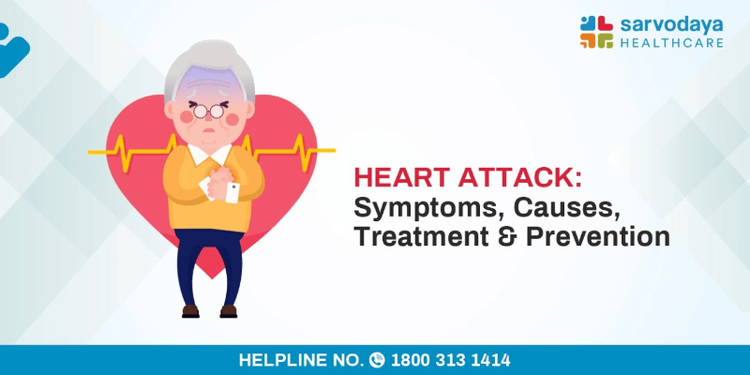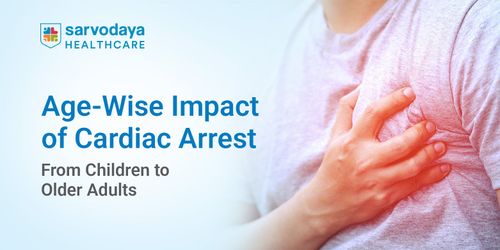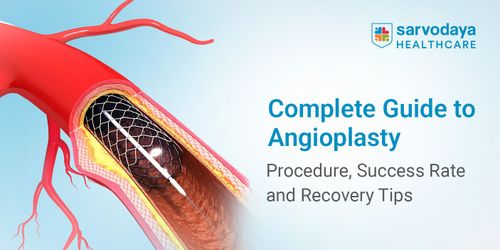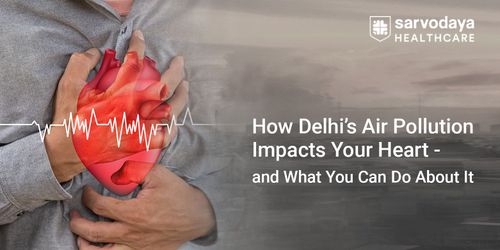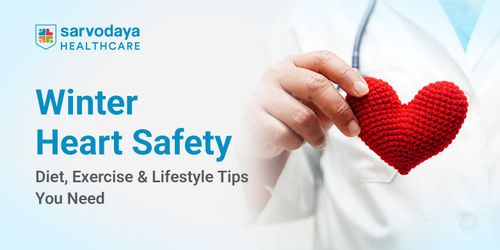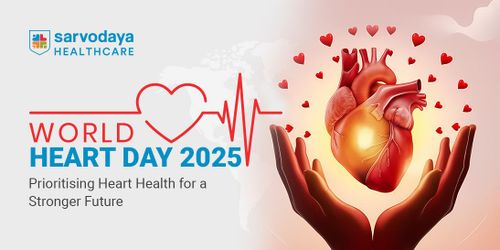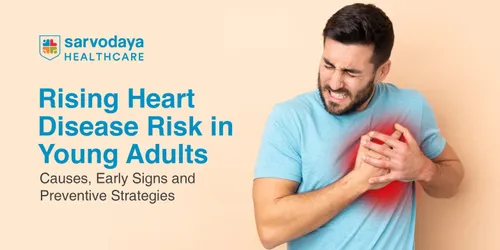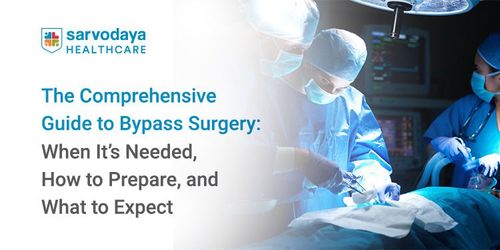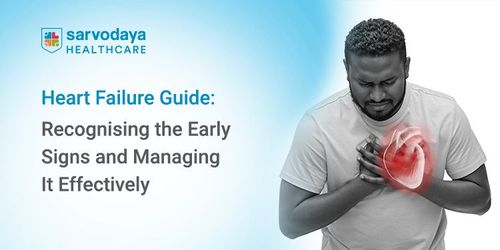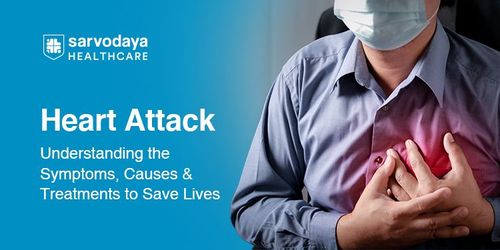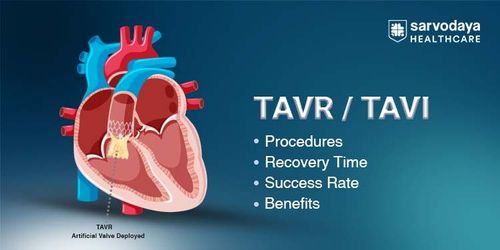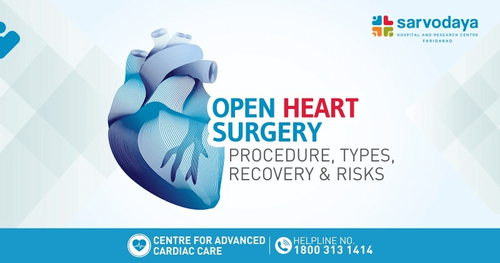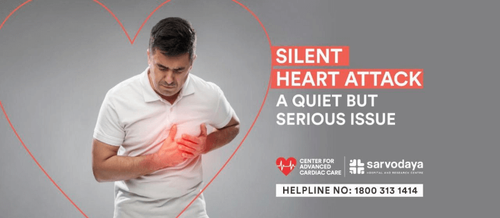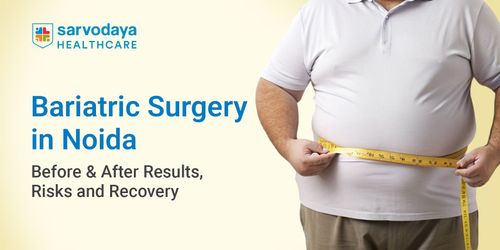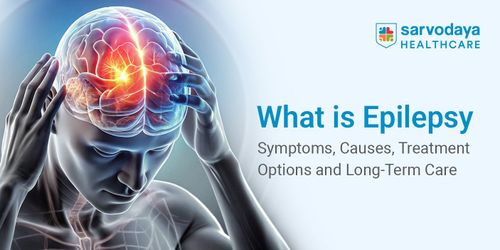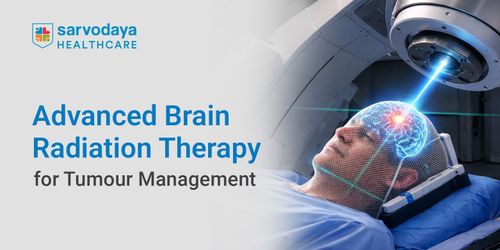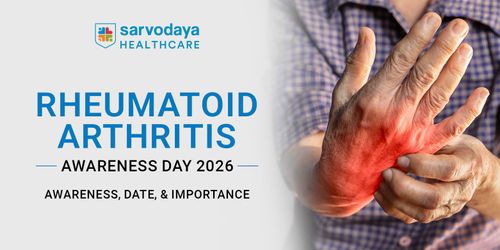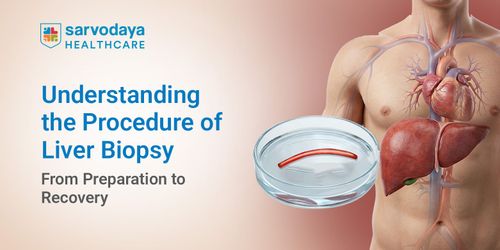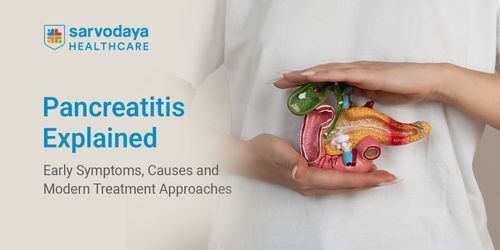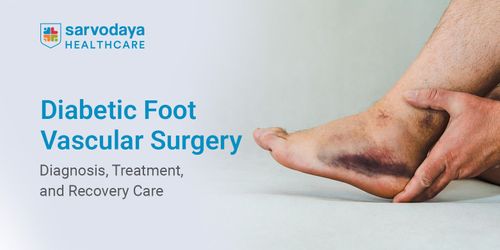A heart attack occurs when the blood flow to your heart gets blocked which interrupts the oxygen supply. Lack of blood supply to the heart can cause tissue death. Tissue death can lead to lasting damage to the heart muscles. Heart attacks are medically termed as myocardial infarctions (MI) and can happen to anyone.
Symptoms Of Heart Attack
Symptoms or signs of heart attack can be different for different heart attacks and may occur differently for the individual. Even the signs defer from man to women. Women are more likely to have upset stomach, breath shortness, back or jaw pain while for some heart attack not show any symptoms at all. This type of heart attack is more common in diabetic people.
Common symptoms of a heart attack include:
- Fast or uneven heartbeat
- Shortness of breath
- Discomfort, heaviness, squeezing, or pain in your chest or arm or under the breastbone
- Discomfort in back, jaw or throat
- Unusual sweating
- A feeling of fullness or indigestion
- Choking or feeling of heartburn
- Vomiting, or dizziness
- Upset stomach
- Severe weakness, anxiety, fatigue,
Causes of Heart Attack
The following factors are associated with increased risk of a heart attack:
- Age is a great factor behind heart attacks. Man over 45 and woman over 55 are more likely to have encounter heart attacks.
- History of any previous heart attack.
- Diabetic people are at a greater risk of getting heart attacks.
- Being significantly obese or overweight put pressure on the heart which increases the risk of a heart attack.
- People with high cholesterol levels have an increased chance of getting blood clots in the arteries.
- Diet is also an important factor behind heart attacks. For instance, consuming saturated fats in large quantities increases the likelihood of a heart attack.
- Sometimes, heart surgery may lead to a heart attack at later stages.
- Hypertension and high blood pressure cause unnecessary strain on the heart which can lead to heart attacks.
- People working in shifts or stressful jobs are at higher risk of getting heart attacks.
- Smoking increases the risk of heart attacks to a great extent.
- Chest pain or angina caused due to lack of oxygen or blood supply to the heart can also lead to heart attacks.
- People with a family history are at a higher risk of heart attacks.
- HIV-positive people are at a 50 percent higher risk.
- Physical inactivity is also a factor in increasing the risk of heart attacks. On comparison, active people have lesser risk to get heart attacks.
However, heart attacks are usually caused by a combination of factors instead of a single cause.
Cardiology treatment for Heart Attack
Heart attacks need to be treated quickly to increase the chances of success. Even, a person’s survival depends greatly on the factor that how quickly they reached the hospital. Also, for a person with a history of heart attacks should get effective cardiology treatment plans from their doctors.
Sometimes a person having a heart attack may stop breathing which requires cardio-pulmonary resuscitation (CPR). CPR must be started immediately which involves two process, manual chest compressions and a defibrillator.
Cardiology treatment following a heart attack involves several kinds of medications or treatments. Such treatments are aimed to prevent future heart attacks. Such preventive treatment may include:
- Angioplasty
- Aspirin and other antiplatelets
- ACE (angiotensin-converting enzyme) inhibitors
- Beta-blockers
- Statins
- CABG or coronary artery bypass graft
Prevention Of Heart Attack
Heart attacks can be best prevented by leading a healthy lifestyle which may include the following:
- Quit smoking and alcohol
- Eating a balanced healthy diet
- Getting plenty of exercises and good quality sleep
- Keep a check on diabetes
- Keep a check on blood pressure
- Maintaining blood cholesterol
- Maintain a healthy body weight
- Avoid stress as much as possible
Sarvodaya Hospital & Research Centre, Sector-8, Faridabad, is one of the best heart hospital in Delhi NCR supported by renowned cardiologists who will help you to live a healthier life by managing your cardiac issues.


